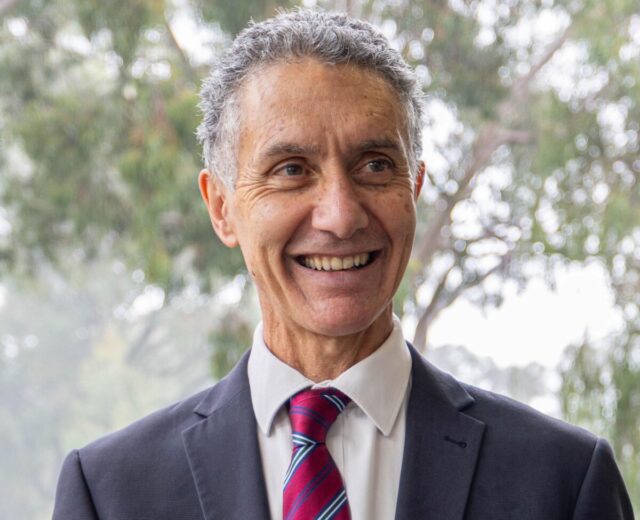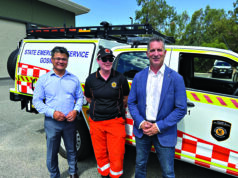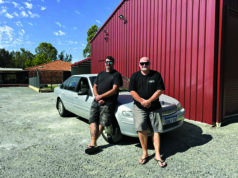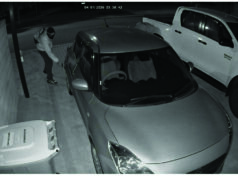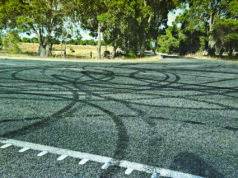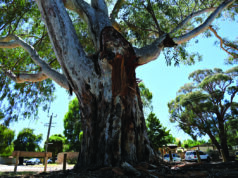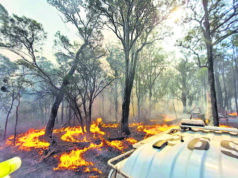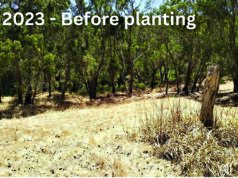Sweeping reforms of Western Australia’s evidence laws which aim to protect victims of crime were reintroduced to State Parliament on Wednesday.
Under the reforms, the Evidence Bill 2025 will replace the Evidence Act 1906 and bring WA into line with most other state jurisdictions by moving to Australian Uniform Evidence Law, improving consistency and accessibility in court proceedings.
The Bill contains provisions that apply during evidence gathering and court procedures to support and protect witnesses in cases involving children, family and domestic violence (FDV), and sexual offending.
The proposed laws include making special witness status mandatory for complainants in sexual offence cases, gang crime proceedings and specific FDV prosecutions, enabling them to have a support person or animal, pre record their evidence or give evidence via video link or screening procedure.
Another change is admitting as evidence in court recordings of FDV complainants made by police using body worn cameras or smartphones.
The proposed laws will enable specially trained witness intermediaries to assist vulnerable witnesses, including children and people with specific communication needs, in giving evidence.
Another is the banning of “Longman” warnings to juries that a complaint that is not made promptly after the alleged offence affects a complainant’s credibility – directions considered to place doubt on reliability of evidence and be unfair to complainants in sexual assault and FDV matters.
Asking a witness harassing, intimidating or offensive, oppressive or humiliating questions in court will be disallowed.
A minister of religion will also be prevented from refusing to give evidence in child sexual abuse cases on the basis the evidence was disclosed during a religious confession.
And witnesses in civil cases who are alleged to be the victim of sexual abuse will be prevented from being questioned about their sexual reputation.

The legislation also has provisions that would implement recommendations made by the Royal Commission into Institutional Responses to Child Sexual Abuse, the State Coroner and other bodies.
“This is the most wide-ranging overhaul of Western Australia’s evidence law in more than 100 years,” Attorney General Dr Tony Buti said.
“Moving to uniform law will make evidence law more accessible and organised, bringing consistency in the rules that apply to both State and Federal courts in WA.
“This is also one of the foundational pieces of legislation which outline how victim-survivors are treated in the criminal justice system.
“By improving the experiences of victims, we’re making the justice system fairer and humane, while enhancing the prospects for prosecution of offenders.
“A victim of family and domestic violence or sexual assault is often the only witness to a crime and can be required to give very personal and distressing evidence.
“This legislation ensures they will be afforded greater protections and support during the criminal justice process and makes it easier for FDV evidence to be introduced during trials.”
An earlier form of the Evidence Bill was introduced in August 2024 by then-Attorney General John Quigley but did not pass before the term of the last Parliament ended.


